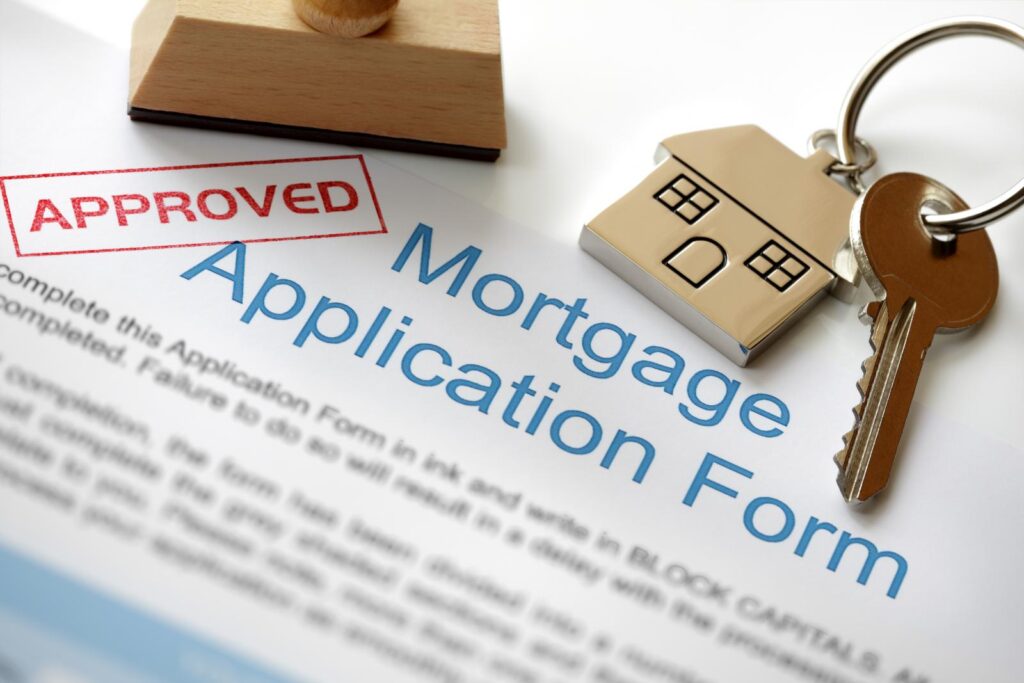
The mortgage process has several steps that you will go through as a borrower and one of those steps is called a conditional approval. Your loan officer will be your guide to the mortgage process from the start to the finish. And as your loan progresses through the mortgage pipeline, the conditional approval is one of the biggest milestones in the loan process as your loan makes it’s way to a final loan approval. Read the article that follows to learn more about a mortgage conditional approval.
What Does Conditionally Approved Mean?
There are several milestones in the loan process and we have a detailed article on some of the initial steps in the loan process that involve getting pre-qualified or pre-approved. While those loan milestones are important to borrowers buying a home, the conditional approval applies to both those buying a home and those refinancing their current home.
A conditional approval is when a loan has been reviewed by an underwriter and the loan has been given a conditional approval by the underwriter. This means the borrower(s) must provide the items listed by the underwriter on the conditional approval and re-submit them for review as these are the items needed for the underwriter to issue a final loan approval.
What Are Some Common Conditional Approval Conditions?
Since every loan is different, mostly because all of our financial profiles are unique to us, the conditions on a loan span a wide range of areas. But if I had to narrow down some loan conditions that I see often from an underwriter, here are some of the most common.
Letters of Explanation: the underwriter may need a more complete explanation from a borrower about a large deposit on a bank statement, a prior credit event, a clarification on residence or employment history and more.
Cash to close: we need to have bank statements to show the borrower(s) have the required cash to close that is needed to complete the transaction.
Income verification: additional income verification is sometimes needed if the initial documents submitted are unclear or incomplete. Documents such as additional paystubs or pension or benefit letters may be required to confirm the income of one or more borrowers.
How Long to Close After Conditional Approval?
When you receive a conditional loan approval this normally means that you are more than 50% of the way there to a final loan approval. But there is still work to be done and the nice thing about a conditional approval is that the underwriter will provide a detailed list of any items that are required to get the final loan approval.
The conditional loan approval will typically spell out things like any additional documentation required, cash to close details, and close of escrow conditions if there are any.
There is no set time between a conditional approval and the close of escrow. In many cases this timeframe depends on how quickly the borrower(s) can provide the requested documentation to the loan officer so the loan can be prepared to send back to the underwriter for a final loan review and the final loan approval.
Can a Conditionally Approved Loan be Denied?
While it is not common for a loan that has received a conditional approval to later be denied, it can happen. I have seen clients whose credit scores have dropped because an old collection account may have reported once again on the credit report. I have also seen clients that have made a large purchase ahead of their closing thinking that it wouldn’t report on their credit until after their closing day.
There are a number of reasons that a loan can be denied but we try to address any problem areas with the clients up front so we don’t have any problems when we get closer to the closing day.
The Federal Financial Institutions Examination Council (FFIEC) released data for mortgage originations for the most recent period available which is for 2020. The data shows that for the 22.7 million mortgage originations tracked, less than 20% were actually denied. This suggests to me that if more than 80% of mortgage applications were approved, potential homebuyers were better prepared and more ready for the mortgage process when they submitted their application.
Closing Day
When you get to the point in the loan process that you have a conditional approval, you have done a great job preparing your loan file for the loan officer and getting him or her what they need to submit your loan to underwriting. And when the underwriter issues a conditional approval, that is an acknowledgement and approval of your hard work in gathering the required financial documents for the loan process.
Follow your loan officer’s guidance on the final step of the loan process and you should be rewarded with a final loan approval and the keys to your new home on closing day.
If you would like to set up a FREE Mortgage consultation, or if you would like to get pre-qualified to buy a home, please feel free to reach out to me anytime either via email at steveATthehomebuyinghub.com or via phone at 480 365-8978.

Recent Comments